Australian Prime Minister Scott Morrison wants a consistent set of principles to guide back to school plans nationwide after the Queensland government delayed the start of the school year due to the projected peak of COVID-19 cases.
The federal government is working to “harmonise” back to school plans with states and territories amid the varying peaks of the Omicron variant wave projected for each jurisdiction.
“The idea is, once we go back, we stay back,” Morrison said. “We’ll be working through those issues this week and to get further certainty and harmonisation between the states and territories, and I thank all of them for working with us on that process.”
The dominance of the Omicron variant, alongside states reopening their domestic borders, has led to a surge in COVID-19 cases throughout the country.
Australia reached 1 million cases this week, with more than 50 percent recorded in the last week alone.
Widespread infection and resultant staff shortages have seen supply chain issues nationwide, impacting supermarkets, health services, hospitality, and more.
With the Omicron wave expected to peak at different times in different states and territories, the jurisdictions face the challenge of mitigating the risks of COVID-19 with the need to get children back into the classroom both for their learning and because it will free up a significant amount of the country’s workforce including the crucial health sector.
“They are the issues that are being managed,” Morrison said. “I think we can have some very clear principles around all of those that can be applied to the relevant circumstances on the ground in each state and territory. Because it’s a big country and the situation is different in many parts.”
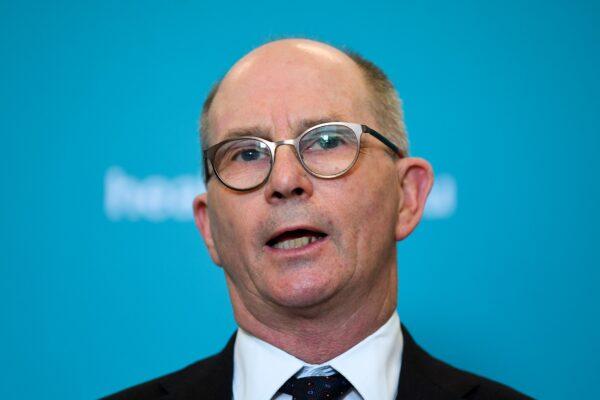
Chief Medical Officer Paul Kelly said the federal government’s expert advisory body, the AHPPC, is analysing how to balance the importance of face-to-face learning in schools with the risk of COVID-19.
Kelly noted that the “vast majority of children” with COVID-19 caused by the Omicron variant have a “very, very mild disease.”
“That’s the reality. There are many other reasons why children should be at school,” he said.
“These are the matters that are before the AHPPC to give that health advice in the widest terms, including mental health, including developmental health, including physical health outside of COVID.”
Morrison said the wave in New South Wales and Victoria was “clearly going to peak” at about the same time, but it wasn’t so clear with other states, such as Queensland and Western Australia (WA).
Queensland’s decision to delay the school term until Feb. 7 “just pushes the wave further out,” Morrison said, while he indicated that once WA opens its borders, the Omicron variant will spread the same way it has in every other state.
“We know what happens with Omicron. And that will happen everywhere. The minute it gets in, and it will be in everywhere it will, it will take that path. That’s why I say you have to push through as one ... riding that wave,” he said.
“But you do that as sensibly and as carefully as you can, taking the best possible medical advice on the way through which is what we are doing,” he said.
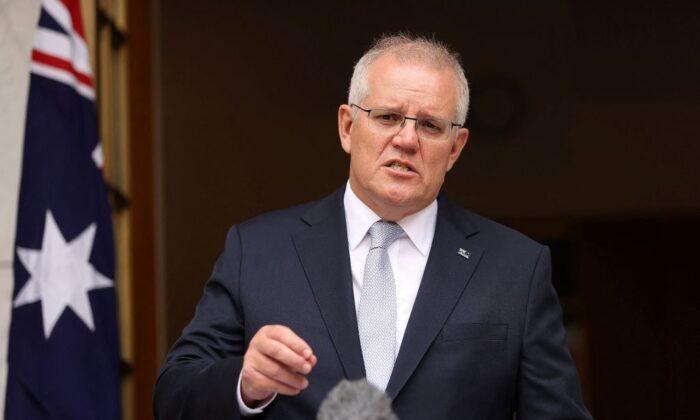

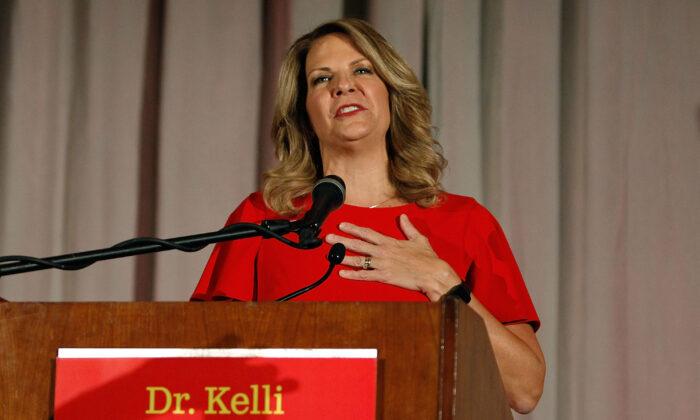
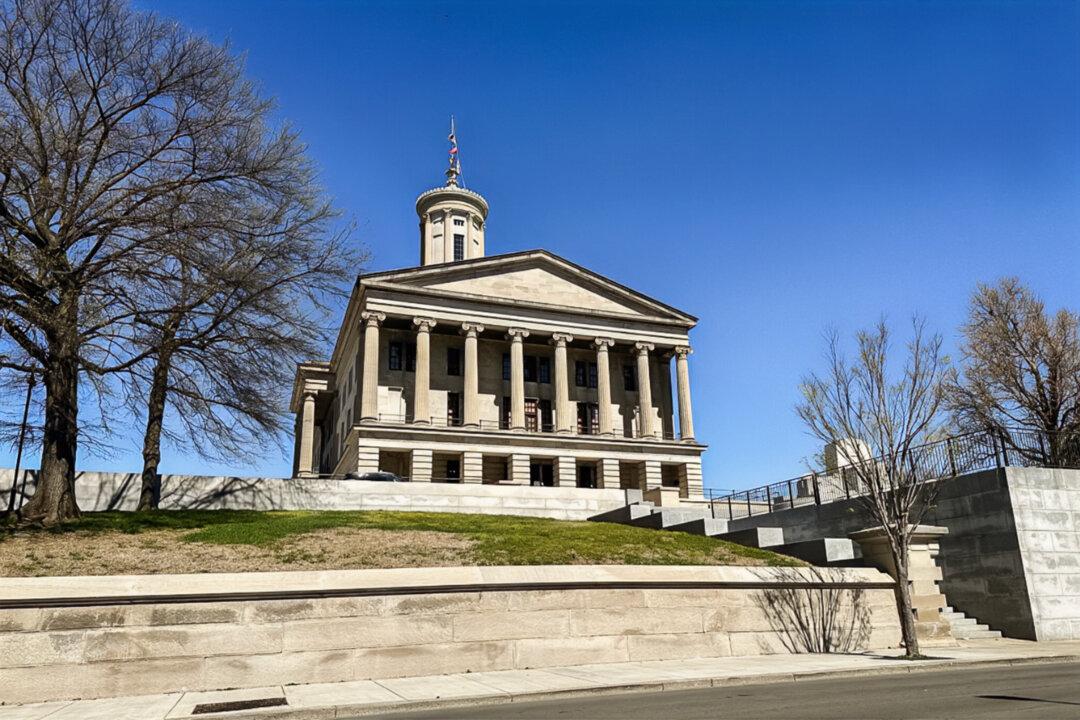

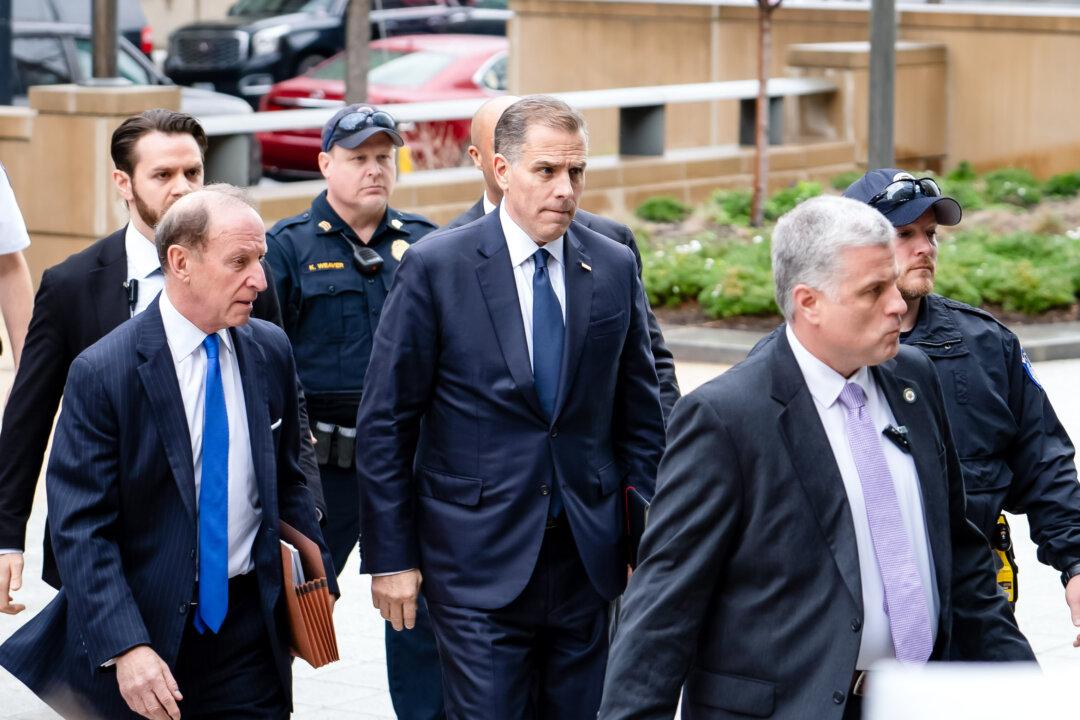
Friends Read Free